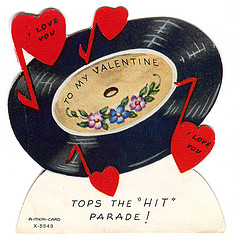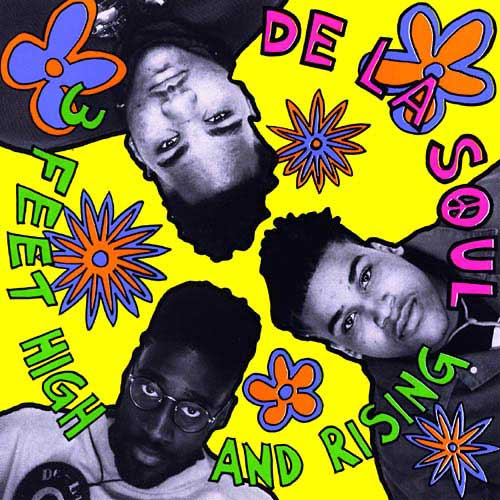

I love listening to music and there’s never been a better time to be a music fan. With so many ways to obtain music, we can listen to it any way we want, wherever we want. Whether we like to stuff our bookshelves with CDs and vinyl records, fill up our iPods with MP3s and music videos, or pay a monthly fee for access to millions of songs; the choice is ours. And although some fans still like to use turntables and CD players, by and large the most popular way to listen to music nowadays is by either downloading or streaming.
Much like CDs replaced cassette tapes and vinyl records; downloading music is what led to the demise of physical media. For the first time ever consumers could carry their entire music collection in their pocket and listen to it wherever they wanted. This also made it easier to transfer music files between friends which led to the discovery of many new bands you otherwise wouldn’t have heard.
As technology advanced and internet connections got better, more MP3s were downloaded and shared. It’s not uncommon for people to have hundreds or even thousands of MP3 albums in their music collections. Downloading music sparked a revolution among music fans which unfortunately hurt many musicians’ pocketbooks – especially lesser-known acts.
It didn’t take long for MP3 downloading to be dominated by piracy. Torrent sites and music blogs are known for posting entire discographies for free and the artists never see a penny from it. The audio quality of these MP3s is also not up to par when compared to their physical counterparts but new generations of music fans have grown accustomed to this cheapened sound quality and don’t mind.
Streaming technology has made it even easier to listen to your favorite music. The only catch is that you don’t actually own it. For a monthly subscription fee of about $10 (there are also free services with advertisements), consumers are granted access to a seemingly endless amount of digital content. Subscribers can listen to music from just about any device including smartphones, tablets, computers and television sets. The best part about streaming is that there is no need to download or transfer files. They are always there when you need them.
Unfortunately, streaming is not without its downsides. Because all of the content is hosted online, a strong internet connection is necessary to use it. And although it may seem like the internet is available everywhere, there may be situations where you don’t have a signal. Contracts with record labels and artists also need to be approved before streaming services are allowed to host their music and there are many popular bands excluded from most providers, most notably The Beatles.
Whether you choose to download or stream music, the artist does not make much money. Artist royalties are greatly diminished when compared to traditional album sales and there is not much economic incentive to enter the music industry today. Unless you’re already an established musician, it may be impossible to “make it” as an artist.
The low payout from downloading and streaming music has also led to the inflation of concert ticket prices and band merchandise. This is the only way musicians can compensate for the loss of earnings related to people not purchasing their music. Spending hundreds of dollars at a concert is not uncommon and as royalties continue to dwindle we can only expect these prices to skyrocket in the future.
With music being so devalued, artists have turned to more creative ways to distribute their music for a profit. Radiohead sold an album where you could pay whatever you thought it was worth, The Smiths reissued their entire discography in vinyl records, and My Bloody Valentine released an album that took over 20 years to make without the help of a record label. Clever ideas like this have not only netted the artists a profit, but their fan base grew exponentially which in turn led to increased concert ticket and merchandise sales.
One of the greatest marketing strategies in music is taking place today and tomorrow when De La Soul is allowing fans to download their entire catalog for free for 25 hours in celebration of the 25th anniversary of their debut album. This is the first time a major group has given away all their music and it will be interesting to see how fans respond. If it proves to be a successful way to increase revenue in other avenues (ticket sales, merchandise, licensing, etc.), there may come a time when music becomes 100% free for all.
As much as I would like to have all my music for free, I realize that it will kill the industry I’ve enjoyed for most of my life. I can’t say for certain which is better – downloading or streaming – but I do know how I can do my little part to help musicians continue making great music. Rather than focus on one or the other, I’m going to continue doing what I’ve been doing since I first discovered music: listen to it any way I can.

